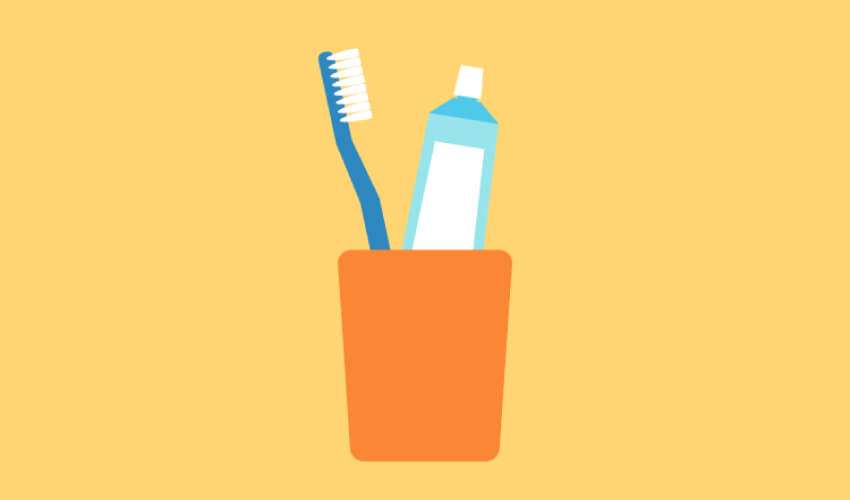You may know that both plaque and tartar are not good for your teeth, but what exactly are they? Here, we’ll explain the difference between plaque and tartar and share how to prevent them from accumulating on your teeth.
What is plaque?
Dental plaque is a soft, sticky film that builds up on your teeth. It’s a colorless to pale yellow biofilm that develops on your teeth when food, fluids, and saliva combine to create bacterial deposits that produce acids when fueled by your dietary sugars. These acids attack your tooth enamel, the outer protective layer of your teeth, and gradually dissolve its mineral crystals. This can lead to tooth decay, bad breath, and even gum disease. You can brush, floss, and rinse away plaque with a combination of exceptional oral hygiene routine, plenty of water, and sugar-free gum. However, it regularly reforms on your teeth. Therefore, daily dental care is critical, as plaque accumulation is the root of most dental health issues, including gingivitis and cavities.
What is tartar?
If plaque is not properly removed from your teeth, it will harden into tartar when it combines with the minerals in your saliva. Unlike the soft, sticky biofilm that is plaque, tartar is a crusty yellow or brown-colored deposit. While plaque can be removed by brushing your teeth at home, tartar needs to be removed by a dental professional because the buildup strongly bonds to tooth enamel. People with braces, crowded teeth, or dry mouth are more susceptible to tartar buildup, as are older people and those who smoke. If tartar is not treated, it will lead to serious oral health issues, such as advanced gum disease, tooth loss, and bone loss.

How do you prevent plaque & tartar buildup?
To prevent plaque and tartar buildup, practice superb oral health habits every day:
- Brush your teeth twice a day for two minutes each time.
- Floss at least once a day.
- Use fluoride toothpaste. Fluoride helps to remineralize your enamel so it’s a great way to combat damage that the acids from bacteria have caused.
- Use an electric toothbrush, like the Oral-B Pro 1000. The speed at which the toothbrush head moves helps to remove the plaque biofilm before it builds up.
- Eat a healthy diet high in fibrous fruits and vegetables, calcium, and protein, and low in sugars and simple carbohydrates.
- If you smoke or use other tobacco products, quit as soon as possible. You are putting yourself at a higher risk of developing plaque and tartar, in addition to oral cancer.
Coming in for regular checkups and cleanings is a vital part of preventing plaque and tartar buildup. Contact us today to schedule your next appointment!
Contact Us

